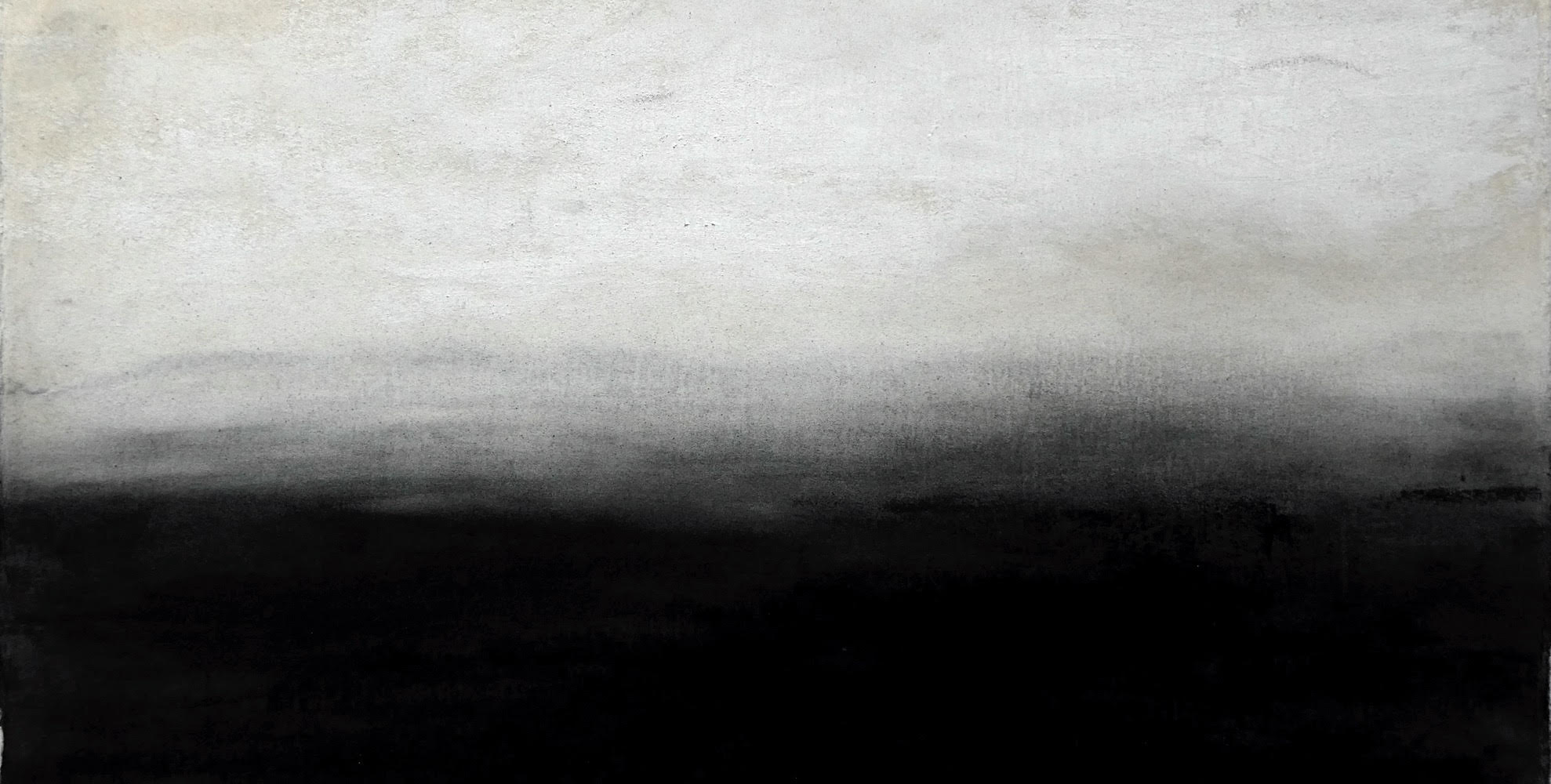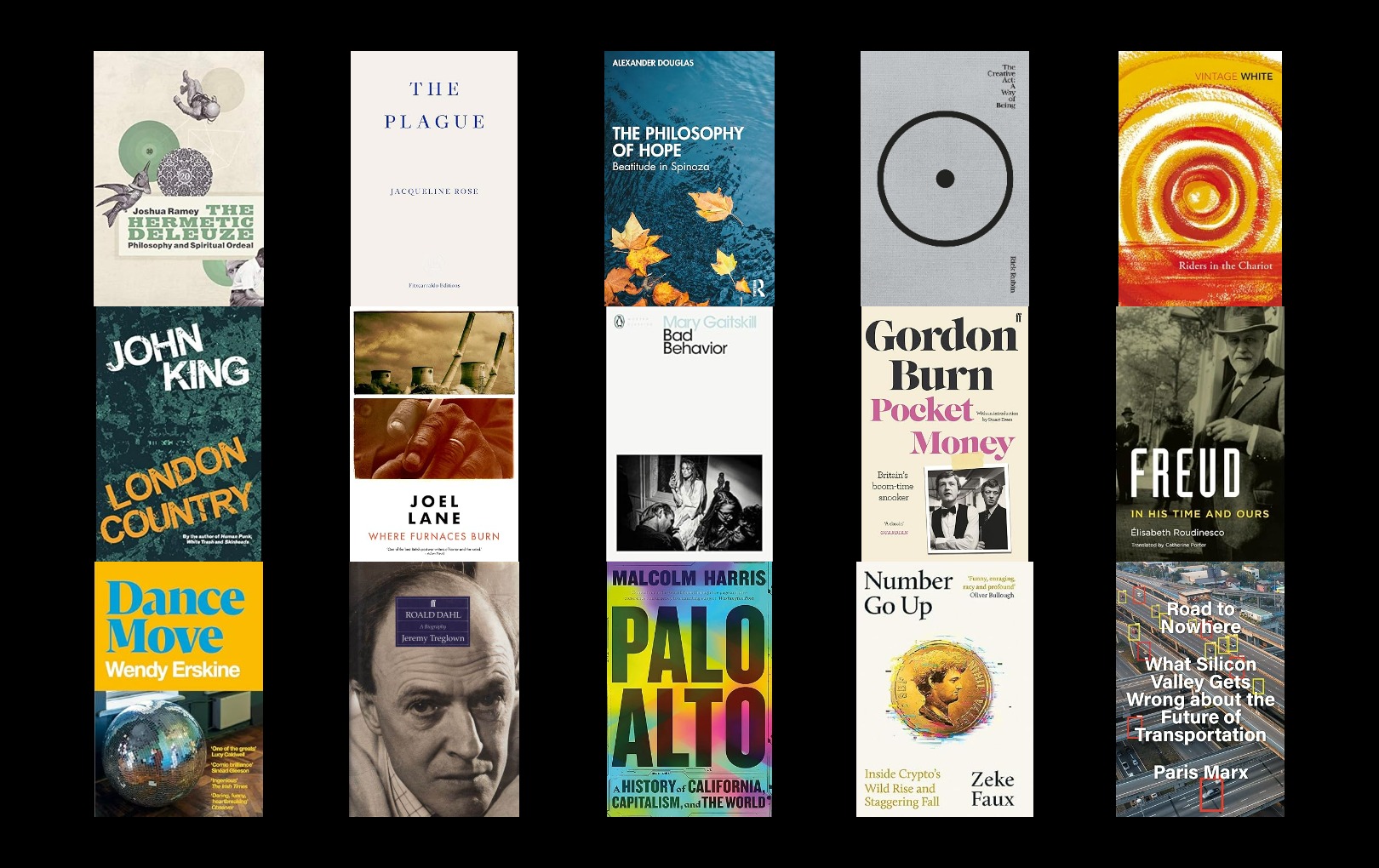
Brad Evans: I Know I Will Never Write a Better Book
If the measure of writing is to get as close as we can to the truth of existence, I know I will never write a
I came to extreme metal, or at least post-metal, sludge rock, or whatever experts in branding would describe Neurosis’s music as, late in life. I had been listening to music which sounded a bit like metal for years (Godflesh, Black Flag) and other groups that nearly were (ACDC, Sabbath), but touching the actual shore of the genre, far less travelling to its absolute heart of darkness, eluded me.
Looking back, the fundamentally tribal musical era, and atmosphere, I grew up in demanded that one chose sides in a way that might be considered absurdly self-limiting today, and if there were adolescents that lived metal, rejecting their look, rituals and war dances, preceded giving their music my unbiased consideration. Truth resided in appearance, and whatever lay behind that was stigmatised accordingly, especially when other surfaces had so much to offer.

So what changed in mid-life? Moving to the countryside, the deep resemblance of days to one another, barren views that appear to be waiting for you, immersion in things replacing swift responses to them – these all helped. Time also changed the way I expressed the same preferences and the form in which I looked for them. My mute incomprehension towards music like Neurosis’ became an incomprehension in the face of new experiences which their music slowly started to reflect, and metal, especially in its least filtered form, eventually began to make sense to me.
The search for a new musical vocabulary, or enlarging an existing one, had in the past struck me as too aspirational a way to embrace what must come as the result of instinct. Yet something like it had already occurred once before when I found that classical music, in my early twenties, spoke to some version of myself I had not yet become, the experience of listening to it the anticipation of a future sensibility it would take years to completely attain. Extreme metal, conversely, reminded me of a person I had been and a way of understanding experience I had never fully acknowledged; bluntly, painfully and sometimes fearfully, this recognition the ultimate fulfilment of experiences I had been unwilling to complete, or completely acknowledge.

If the measure of writing is to get as close as we can to the truth of existence, I know I will never write a

To accompany his latest piece with Tariq Goddard in The Quietus on True Detective Season 4 and the legacy of In The Dust of This Planet, Eugene

As another turbulent year draws to a close, the Repeater team put forward their favourite reads for the festive season. Publisher, Editor, and Author Tariq

If the measure of writing is to get as close as we can to the truth of existence, I know I will never write a

To accompany his latest piece with Tariq Goddard in The Quietus on True Detective Season 4 and the legacy of In The Dust of This Planet, Eugene

As another turbulent year draws to a close, the Repeater team put forward their favourite reads for the festive season. Publisher, Editor, and Author Tariq
